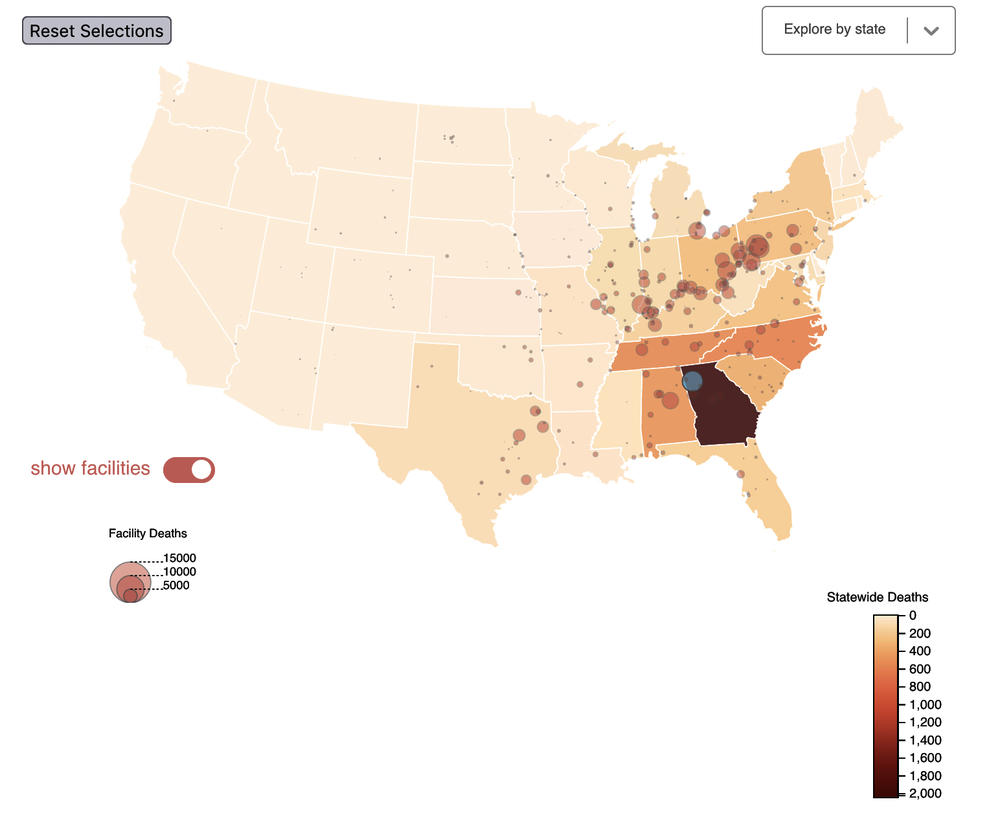
Caption
CLICK TO EXPLORE: How coal pollution travels
Credit: Lucas Henneman, George Mason University; Christine Choirat, ETH Zurich and EPFL; Irene Dedoussi, TU Delft; Francesca Dominici, Harvard TH Chan School of Public Health; Jessica Roberts, Georgia Institute of Technology; Corwin Ziger, UT Austin


